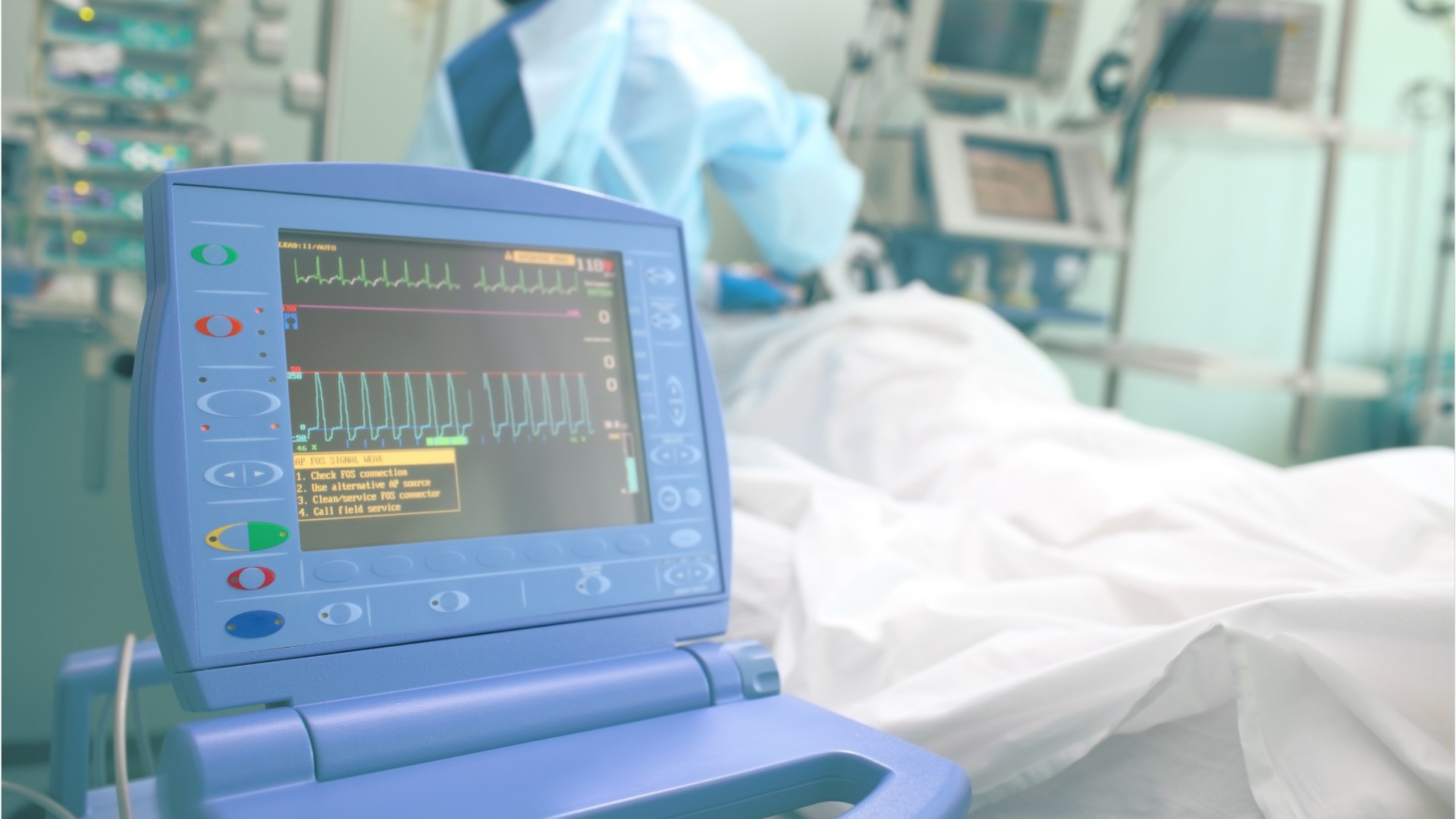Medical Equipment Repairers
Biomedical Electronics Technician (Biomed Electronics Tech), Biomedical Equipment Technician (BMET), Biomedical Technician (Biomed Tech), Service Technician (Service Tech)
 Select a military branch to see samples.
Select a military branch to see samples.
Biomedical Equipment; Biomedical Equipment Craftsman; Biomedical Equipment Manager; Dental Assistant Apprentice; Dental Assistant Helper; Health Services Management; Health Services Management Craftsman, Health Information Technology; Health Services Management Journeyman, Health Information Technology; Precision Measurement Equipment Laboratory Apprentice; Precision Measurement Equipment Laboratory Journeyman
Biomedical Equipment Specialist; Electronic Systems Maintenance Warrant Officer; Health Services Maintenance Technician; Senior Electronics Maintenance Warrant Officer; Test, Measurement, and Diagnostic Equipment (TMDE) Maintenance Support Specialist; Unit Supply Specialist
Health Services Technician; Medical Administration Specialty
Metrology Technician
Bio-Medical Equipment Technician; Biomedical Equipment Technician; Hemodialysis Technician; Hospital Corpsman
Biomedical Equipment; Biomedical Equipment Apprentice; Biomedical Equipment Craftsman; Biomedical Equipment Helper; Biomedical Equipment Journeyman; Biomedical Equipment Superintendent
What they do:
Test, adjust, or repair biomedical or electromedical equipment.
On the job, you would:
- Test or calibrate components or equipment, following manufacturers' manuals and troubleshooting techniques, using hand tools, power tools, or measuring devices.
- Perform preventive maintenance or service, such as cleaning, lubricating, or adjusting equipment.
- Inspect, test, or troubleshoot malfunctioning medical or related equipment, following manufacturers' specifications and using test and analysis instruments.
Knowledge
Engineering and Technology
- mechanical
- computers and electronics
Business
- customer service
Arts and Humanities
- English language
Math and Science
- arithmetic, algebra, geometry, calculus, or statistics
Skills
Basic Skills
- reading work related information
- thinking about the pros and cons of different ways to solve a problem
Technical
- repairing machines or systems using the right tools
- planning and doing the basic maintenance on equipment
Problem Solving
- noticing a problem and figuring out the best way to solve it
Abilities
Hand and Finger Use
- put together small parts with your fingers
- hold or move items with your hands
Ideas and Logic
- notice when problems happen
- use rules to solve problems
Verbal
- read and understand what is written
- listen and understand what people say
Personality
People interested in this work like activities that include practical, hands-on problems and solutions.
They do well at jobs that need:
- Cautiousness
- Integrity
- Attention to Detail
- Dependability
- Intellectual Curiosity
- Perseverance
Technology
You might use software like this on the job:
Spreadsheet software
- Microsoft Excel
Video conferencing software
- FaceTime
Medical software
- Medical equipment diagnostic software
Education
Education: (rated 3 of 5)
associate's degree or
high school diploma/GED
usually needed
high school diploma/GED
usually needed
Job Outlook
Bright
New job opportunities are very likely in the future.
Explore More
- Aerospace Engineering & Operations Technologists & Technicians
- Calibration Technologists & Technicians
- Electrical & Electronic Engineering Technologists & Technicians
- Electrical & Electronics Repairers, Commercial & Industrial Equipment
- Photonics Technicians
You might like a career in one of these industries:
See more details at O*NET OnLine about Medical Equipment Repairers.





